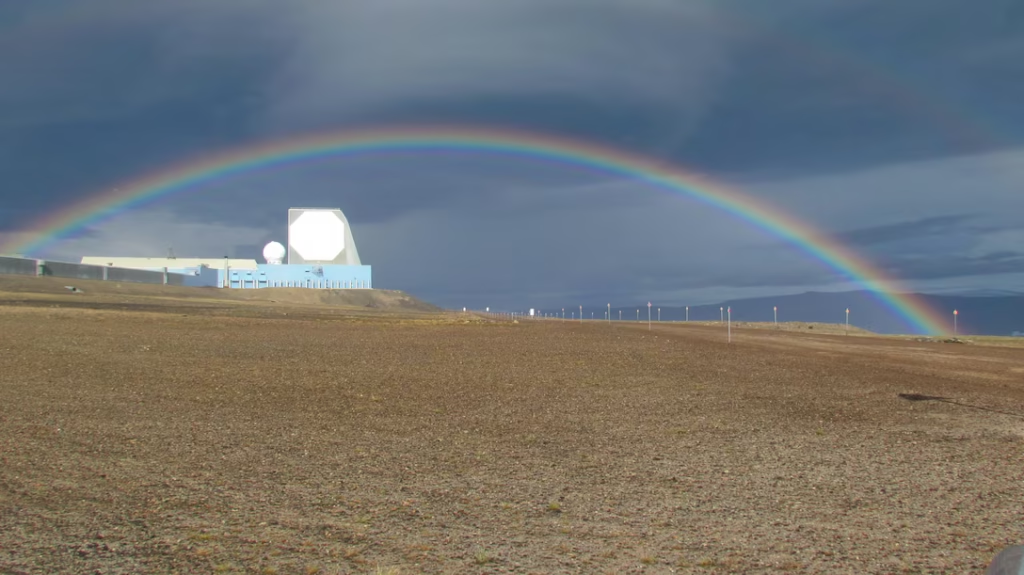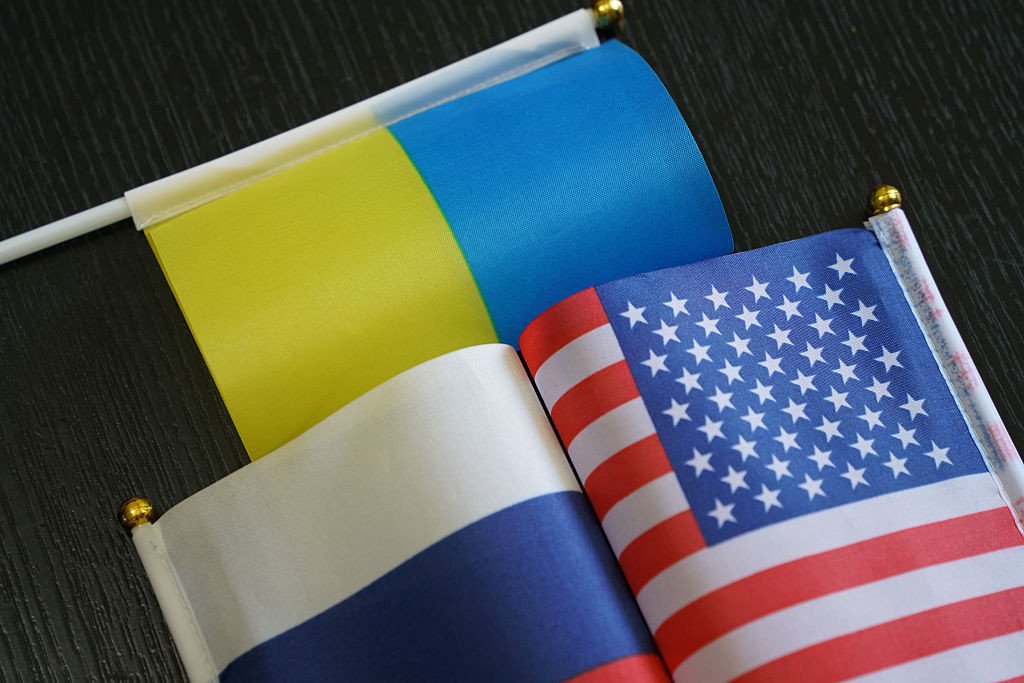
Denmark has publicly rebuked its traditional ally after broadcaster DR reported covert U.S. influence operations in Greenland. The reports claimed Americans connected to President Trump were trying to foment a push for Greenlandic independence and U.S. annexation. Foreign Minister Lars Løkke Rasmussen summoned the U.S. envoy, warning that “any attempt to interfere in internal affairs of the Kingdom” is unacceptable. These revelations have reignited anger in Copenhagen and Nuuk, raising questions about whether Denmark’s longstanding military ties to the U.S. in Greenland have undermined Danish sovereignty.
Greenland’s strategic importance
Greenland is a semi‐autonomous part of the Kingdom of Denmark, with about 57,000 residents, vast untapped mineral resources, and a crucial Arctic location. The United States has maintained a military presence there (notably at Thule/Pituffik) since the 1950s to project power in the Arctic. In recent years, however, U.S. interest in Greenland became overt: former President Trump infamously mused about buying the island and even said “we need Greenland very badly” for international security. He refused to rule out using force to take it, which alarmed many Danes. (Denmark’s government quickly reaffirmed that “Greenland is not for sale.”) These developments – combined with new reports of U.S. espionage focus – have set off a political firestorm in Denmark. Danish officials stress that Greenland must determine its own future, not outside powers.
U.S. influence operations
According to Danish media and security officials, at least three U.S. nationals with Trump connections visited Greenland in 2025 carrying out covert influence operations. Government sources told DR (and Reuters) that these Americans sought to recruit local backers for Greenlandic secession and U.S. annexation. The Danish Security Service (PET) confirmed that foreign actors see Greenland as a target for campaigns to “create a split in the relationship between Denmark and Greenland”. In response, Copenhagen demanded answers and reminded its ally that spying among friends is unacceptable.
Reported U.S.-linked tactics included:
- Compiling lists of Greenlanders deemed friendly or unfavorable to U.S. interests, to highlight “cases that could be used to cast Denmark in a bad light” in the American media.
- Cultivating relationships with key local figures – politicians, business leaders and community members – to promote a pro-U.S. narrative in Greenland.
- Amplifying disputes or grievances that might weaken support for Danish rule, thereby driving a wedge between Greenland and Copenhagen.
These activities were reportedly aimed at stirring dissatisfaction with Denmark’s rule. Prime Minister Mette Frederiksen and others quickly condemned the reports. “We don’t spy between friends,” Foreign Minister Løkke Rasmussen said when asked about U.S. intelligence activity. Likewise, members of the Danish parliament argued that such influence campaigns violate international norms. The Danish intelligence chief noted that PET has “continuously strengthened” its presence in Greenland because it is known to be a target of outside interference.

Political fallout in Denmark
Back in Copenhagen, the scandal has fed wider debate over Danish defense policy. Just two months earlier (June 2025), the Folketing passed a defence pact giving U.S. forces sweeping access and legal authority on Danish bases. Under that agreement, U.S. soldiers in Denmark remain under U.S. jurisdiction, which critics warned would create American-controlled zones in Danish territory. Opponents in parliament called the deal a “gigantic failure” for Danes, saying it could lead to areas where “Danish authorities cannot exercise control”. The Greenland espionage controversy has only intensified these concerns. Many Danes now wonder if allowing the U.S. base on Greenland (and similar concessions) was wise: as one lawmaker put it, after the spy reports Denmark must “speak out very clearly against the United States” to defend its sovereignty. The Foreign Ministry insists Denmark remains a close ally of the U.S., but added that Greenlanders must decide their own path.
Greenlandic perspective
In Greenland itself, officials took a more measured tone. Greenland’s Foreign Minister Vivian Motzfeldt said DR’s story contained “nothing new… beyond what we already know”. Nonetheless, Greenland’s elected leaders have used the episode to reaffirm autonomy. Public opinion is solidly against U.S. takeover – polls show a clear majority of Greenlanders oppose joining the U.S. In the March 2025 elections, the pro-independence, Danish-leaning Democrats party won a surprise victory. Party leader Jens-Frederik Nielsen explicitly addressed the issue: “We don’t want to be Americans… We want our own independence in the future,” he said, sending a message to both Copenhagen and Washington. Greenland’s Inuit Ataqatigiit party leaders also stressed that Denmark’s historical mistreatment of Greenlanders (e.g. forced sterilizations) had already sown separatist feelings; on August 27, Prime Minister Frederiksen even apologised for those past injustices in Nuuk. In short, Greenland’s politicians made clear any attempt to buy or seize the island would be deeply unpopular.

The scandal has prompted reflection in Denmark on the costs of its U.S. alliance. For decades Copenhagen viewed the U.S. base in Greenland as a key security asset (especially during the Cold War). Critics now ask whether that partnership became a double-edged sword. They note that the recent events center on arrangements Copenhagen made with Washington: U.S. bases on Danish territory and agreements allowing U.S. military operations in Greenland. In effect, Denmark extended American influence into its northernmost territory.
Key concerns raised include:
- Sovereignty: Critics say the U.S. base and related pacts have given Americans disproportionate authority in a Danish domain. The new defence deal on the mainland and past Greenland defense agreements have made Danes feel they ceded control.
- Greenland’s autonomy: Danish politicians insist Greenlanders must decide their fate, not outside powers. The episode showed how easily foreign influence can stoke division within the Kingdom.
- Allied trust: Denmark is a loyal NATO member, but the case shows even allied partners can clash. (Notably, France also summoned a U.S. diplomat that week over a separate dispute, underlining how strained relations had become.)
Going forward, many Danes will likely reconsider the balance of security and sovereignty. Opinion writers in Denmark are already arguing that “we don’t spy among friends” and that these incidents call for stricter oversight of U.S. activities in Greenland. Some commentators bluntly ask whether Denmark’s decision in 1951 (and its modern successors) to host U.S. forces was a mistake in hindsight. At the very least, the affair ensures the question remains on the table. Denmark’s political leaders now face the task of reassuring Greenlanders while also preserving the country’s own control – a delicate line.
In summary, the revelations of U.S. activity in Greenland have fed a growing sense of betrayal in Copenhagen. The debate over Greenland’s future and Denmark’s relations with the United States is far from settled. Many voices now contend that, had Denmark foreseen these conflicts, it “should have never allowed” such a U.S. military foothold on Greenland. As the government grapples with the fallout, one thing is clear: maintaining national sovereignty in Greenland will require extreme vigilance, even among close allies.



